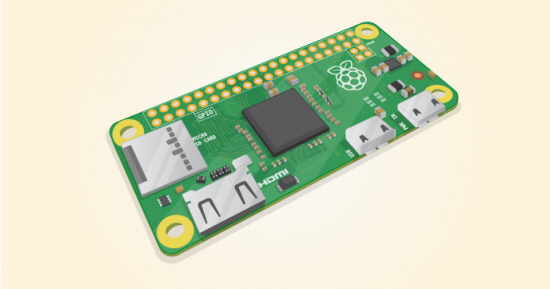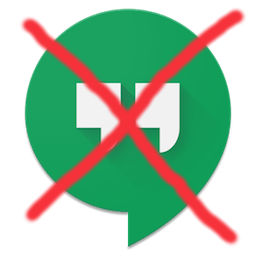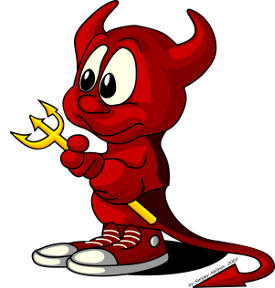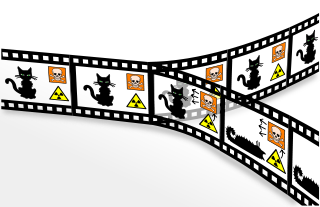We didn’t let it get us down after our server hiccuped and lost our active poll results last week. We just turned around and put up another poll. Unfortunately, our rebooting-the-reboot poll (we were only three polls into a reboot of polling on FOSS Force after an absence of a year or more) wasn’t as popular with our visitors as the two we lost, but hey, that’s life.
| [yop_poll id=”42″] |
For this poll we focused on the Raspberry Pi. We’ve been pleasantly surprised by the number of you who read The Raspberry Pi Report, Isaak Carter’s bi-weekly coverage of the Pi machines here on FOSS Force, so we thought we’d see just how far into the Raspberry Pi phenomena you dwell.



 First things first: I know that the wide number of variants in the BSD family are primarily aimed at servers. That said, it’s clearly understandable that with the exception of
First things first: I know that the wide number of variants in the BSD family are primarily aimed at servers. That said, it’s clearly understandable that with the exception of  It’s almost Christmas, which means that the day isn’t far off when ol’ Father Time rolls the odometer over yet again. This, of course, is the time of year when news writers like to publish lists, partly because they’re easier to write than real news stories. It’s not that we’re lazy, mind you, we’re just too busy shopping and decorating and drinking egg nog…especially drinking egg nog. We love drinking egg nog.
It’s almost Christmas, which means that the day isn’t far off when ol’ Father Time rolls the odometer over yet again. This, of course, is the time of year when news writers like to publish lists, partly because they’re easier to write than real news stories. It’s not that we’re lazy, mind you, we’re just too busy shopping and decorating and drinking egg nog…especially drinking egg nog. We love drinking egg nog. For a while they seemed to come almost in a measured release. They ranged from polite, insightful and informative, to a collateral-damage-be-damned raging and slashing diatribe. Some I would read; some I would not. No one takes a spitting, enraged person seriously unless they bear a weapon. Spitting, angry people tend to come forward with an obvious emotional outburst, most times presenting only the emotional aspect of what they have to say. Facts can be either few or “facts” from that writer’s point of view. Not a lot of us pay attention to someone presenting themselves in such a way. Maybe in a Donald-Trump-train-wreck sort of way, but as serious or meaningful presentations, that just doesn’t happen.
For a while they seemed to come almost in a measured release. They ranged from polite, insightful and informative, to a collateral-damage-be-damned raging and slashing diatribe. Some I would read; some I would not. No one takes a spitting, enraged person seriously unless they bear a weapon. Spitting, angry people tend to come forward with an obvious emotional outburst, most times presenting only the emotional aspect of what they have to say. Facts can be either few or “facts” from that writer’s point of view. Not a lot of us pay attention to someone presenting themselves in such a way. Maybe in a Donald-Trump-train-wreck sort of way, but as serious or meaningful presentations, that just doesn’t happen.
 When all browsers are on board, it’s certain that high traffic websites will adopt WebP as their graphics format of choice. Google is already converting most if not all graphics uploaded to Google+ to WebP to deliver to browsers supporting the format.
When all browsers are on board, it’s certain that high traffic websites will adopt WebP as their graphics format of choice. Google is already converting most if not all graphics uploaded to Google+ to WebP to deliver to browsers supporting the format.
 First things first: Remember when I said I didn’t have access to Michael Larabel’s fine set of Phoronix tools to do diagnostic hardware comparisons? Well, while looking around for something else in BSD’s very cool AppCafe, I found them — Phoronix tools available for BSD users. So while I go sit in the corner with a pointy hat, I will apologize for that error.
First things first: Remember when I said I didn’t have access to Michael Larabel’s fine set of Phoronix tools to do diagnostic hardware comparisons? Well, while looking around for something else in BSD’s very cool AppCafe, I found them — Phoronix tools available for BSD users. So while I go sit in the corner with a pointy hat, I will apologize for that error.